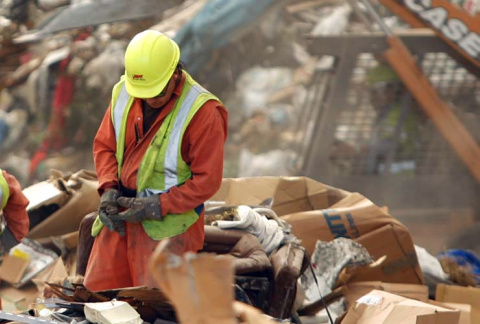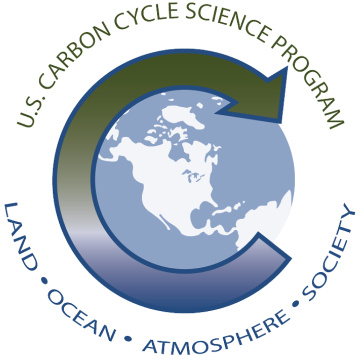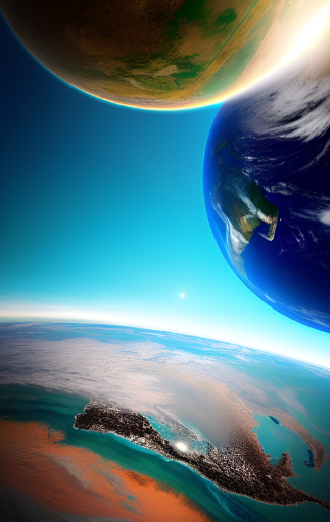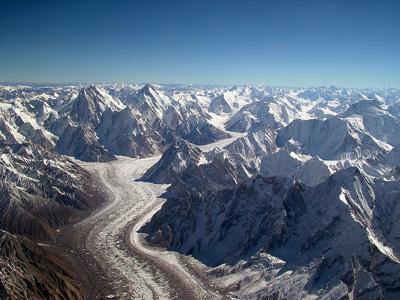- Air Homepage
- Global Warming
- Global Warming Articles
- Meteorology Articles
- Global Warming Essays
Series of Global Warming Essays
Search for more about climate change.
Here's Reporter #1's next contribution to the global warming essays, followed by Barry's comments. We should take care of our home, mother earth. The waste we generate must be controlled - garbage and refuse, water contamination and waste, and gas vapour and particulate emissions.
Join this discussion of global warming awareness. We have seen melting glaciers and shifting climate patterns already. But what can we do? How can we balance environmental care with economics? There's a few possibilities. See if you can come up with some way to help.
I've heard all the comments and fears about man being the bad guy. I've had a hard time agreeing with us as culprits. During blizzard conditions in the early 1900's, Caucasian explorers of the Athabasca Valley missed the Columbia Icefields and went up Wilcox pass instead. Later photos show Athabasca Glacier crossing the valley up to Wilcox Pass behind the early chalet.
The cairn markers showed the recession of the melting glacier over the previous 70 years when I was a Park Naturalist in the mid-70s. The trend has continued over the last 30 years - possibly even exponentially (because the smaller it gets, the faster it melts).
Canadian Response to Climate Change
Back 10,000 years ago, Kronk didn't tell Borg to put out his fire, you're melting ice! The trend of melting has continued despite man's presence.
Do we contribute to the speed of change? Can we control it? The cold arctic air mass engulfing us on the prairies makes me unsure - but refer back to my initial statement about caring for our planet.
I just hope we don't destroy Canada's economy by agreeing to some political movement's idea when we're minor players. It's important that our leaders get involved in the discourse, but I'd wait until the big players do something before mortgaging our lives.
These next global warming essays offer a little perspective based on facts. Check out Reporter #1's initial global warming evidence.
See what other people have said about these comments - here's the global warming argument page.
If I may elaborate on these points above...
Global warming essays: interpretations and my own 2¢
Our planet, Earth, is crucial to our survival and the survival of all living things. Maybe you've noticed. For a sustainable future, waste management is an essential part of environmental protection. Garbage and refuse can pollute land and water, and they release harmful gases into the air. We can reduce waste by reducing, reusing, and recycling. It means consuming less, reusing items, and recycling materials.
Polluted water can harm aquatic life and pose health risks to humans, so contamination and waste are also significant environmental concerns. By properly disposing of hazardous waste, reducing chemicals, and limiting our water usage, we can prevent water contamination. Finally, gas vapour and particulate emissions can cause respiratory problems and other health problems. By using alternative modes of transportation, conserving energy, and adopting sustainable practices, we can reduce our carbon footprint.
Some people may have a hard time accepting that human activities are contributing to the changes we're seeing in the environment. Human actions, like burning organic fuels and deforestation, are causing a significant increase in greenhouse gas concentrations in the atmosphere, according to scientific evidence. Our planet is suffering from climate change because of this.
Athabasca Glacier in Canada is just one example of how the Earth's climate is changing. Glaciers and ice caps are retreating all over the world, and they're retreating faster. The current warming trend is primarily caused by human activities, not natural factors like volcanic activity and solar radiation.
Fighting Climate Change for a Sustainable Future
In order to work towards a more sustainable future, we need to acknowledge the impact of human activities on the environment. We can slow climate change and make the planet healthier for future generations by reducing our reliance on fossil fuels, adopting sustainable practices, and supporting policies that prioritize environmental protection.
The 97 out of 100 scientists we keep hearing about say yes, human activities speed up climate change. The burning of fossil fuels, deforestation, and other human activities are causing greenhouse gases to build up in the atmosphere, trapping heat, and raising the Earth's temperature. Natural climate variability has always existed, but many claim the current rate of change is beyond what natural causes can explain.
Even though we can't stop climate change, we can slow it down and mitigate its effects. By reducing our carbon footprint, we are slowing climate change and reducing greenhouse gas emissions. You have pitched in by using energy-efficient appliances, reducing meat consumption, using public transportation, and supporting renewable energy sources. And progress will continue.
We also support policies and initiatives that protect the environment and reduce fossil fuel usage. It includes government regulations and incentive for renewable energy, carbon pricing, and green infrastructure investments.
Climate change is a global issue that is getting collective action. Although individual actions are important, we need systemic changes to reduce emissions enough. We can fight climate change and care for our planet by working together at all levels.
Go back from Global Warming Essays to the Article Meteorology webpage, or to the Air homepage.
We have to take responsibility for our impact on the planet and work together to protect it.
Search this site for more information now.
Essays on global warming: Yes, we can do more!
Are you concerned about how people feel about global warming and climate change? You will be able to learn what some insightful minds have to say about global warming by reading these essays.
Do you have concerns about air pollution in your area??
Perhaps modelling air pollution will provide the answers to your question.
That is what I do on a full-time basis. Find out if it is necessary for your project.
Have your Say...
on the StuffintheAir facebook page
Other topics listed in these guides:
The Stuff-in-the-Air Site Map
And,
Thank you to my research and writing assistants, ChatGPT and WordTune, as well as Wombo and others for the images.
GPT-4, OpenAI's large-scale language generation model (and others provided by Google and Meta), helped generate this text. As soon as draft language is generated, the author reviews, edits, and revises it to their own liking and is responsible for the content.





New! Comments
Do you like what you see here? Please let us know in the box below.